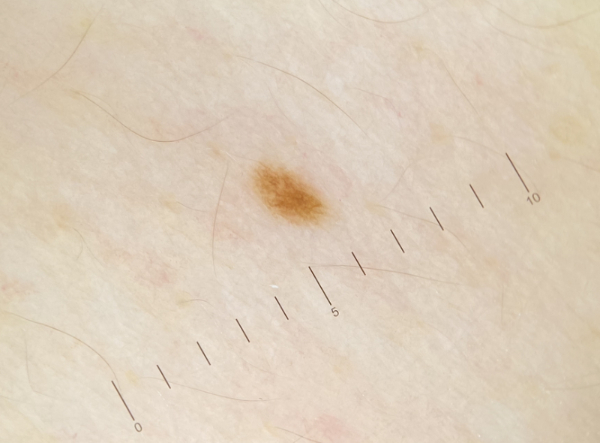Reversing Genetic Miscommunication in Dementia: A Promising Drug Trial

Researchers at the Francis Crick Institute and University College London (UCL) have made significant strides in understanding the genetic miscommunication within nerve cells associated with Alzheimer's disease and frontotemporal dementia (FTD). Their findings, published in the journal Cell Reports on June 25, 2025, reveal that these miscommunications primarily disrupt mitochondrial function, a crucial aspect of cellular energy production. This research opens the door to potential therapeutic interventions utilizing a drug currently undergoing clinical trials, known as ML240.
The study highlights how genetic messages, specifically messenger RNAs (mRNAs), are mislocalized in neurons affected by neurodegenerative conditions. Dr. Christy Hung, a researcher at the Francis Crick Institute and former Senior Fellow at Alzheimer's Research UK, emphasized that the misplacement of mRNAs presents a universal mechanism in neurodegeneration, affecting the cell's ability to function properly. "The effects on the mitochondria, such as leakage of mitochondrial DNA which then triggers inflammation, may even be a universal mechanism in neurodegeneration," Dr. Hung stated.
The researchers utilized skin cells from patients with inherited forms of Alzheimer's and FTD, focusing on mutations in the APP, PSEN1, and VCP genes. These cells were reprogrammed into stem cells and differentiated into cortical neurons. A comparative analysis with neurons from healthy donors revealed that between 82 and 140 mRNAs were mislocated in the mutated cells. Notably, ten commonly misplaced mRNAs were identified across both Alzheimer’s and FTD, all of which relate to mitochondrial function.
Mitochondrial DNA leakage was also observed, which appeared to instigate inflammatory pathways in the brain, contributing to neurodegenerative symptoms. This finding is critical, as mitochondrial dysfunction has long been implicated in the pathology of these diseases. Rickie Patani, Senior Group Leader at the Francis Crick Institute and consultant neurologist, pointed out the pressing need for further investigation into the molecular mechanisms underlying these conditions. "Our findings suggest that misplacement of genetic building blocks like mRNA and mitochondrial DNA could be a common mechanism that is potentially therapeutically tractable," he said.
Upon administering ML240 to the affected cells, researchers noted a restoration of mRNA localization and a reduction in mitochondrial DNA leakage, effectively normalizing mitochondrial function. The implications of this research extend beyond treatment; they provide insight into the fundamental biological processes that underpin neurodegenerative diseases, potentially informing future therapeutic strategies.
The next phase of research will involve testing VCP inhibitors in model organisms, aiming to determine if similar mislocalization occurs in sporadic forms of these diseases. Given the growing incidence of dementia globally, understanding and addressing these genetic miscommunications could prove vital in developing effective treatments. As the world grapples with an aging population, the urgency to find solutions to Alzheimer's and FTD becomes increasingly paramount, positioning this research at the forefront of neurological studies.
In summary, the re-establishment of genetic communication within dementia-affected cells represents a promising avenue for therapeutic intervention. As clinical trials for ML240 progress, the scientific community remains hopeful that this could lead to significant advancements in the treatment of Alzheimer's disease and frontotemporal dementia.
Advertisement
Tags
Advertisement





